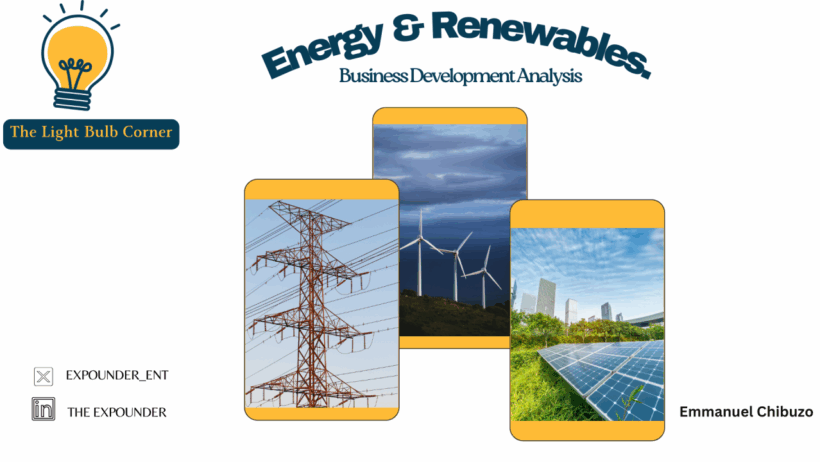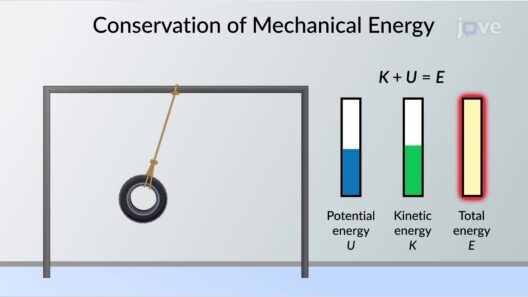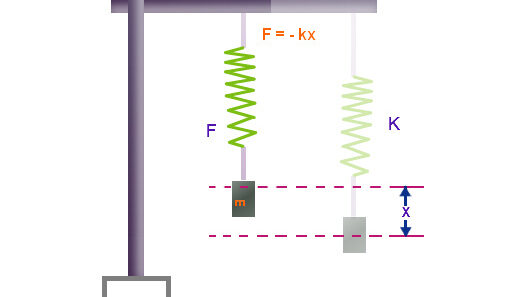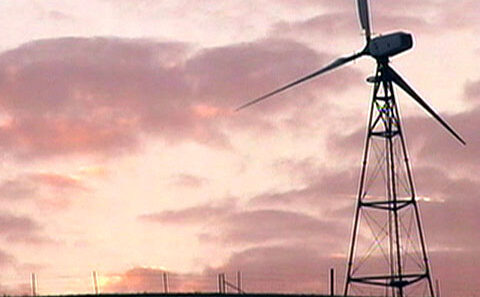In the contemporary landscape shaped by climate change and resource depletion, energy conservation has ascended to the forefront of both ecological and economic discussions. One pivotal mechanism empowering individuals and professionals to catalyze change in this arena is an Energy Conservation Certificate. This certification not only enriches personal and professional credentials but also exponentially expands opportunities across various sectors. What can one do with such a certificate? Understanding the multitude of avenues available is crucial.
First and foremost, obtaining an Energy Conservation Certificate signifies a foundational knowledge of energy management principles. With the increasing demand for sustainable practices, organizations across sectors—be it corporate, governmental, or non-profit—are amplifying their focus on implementing energy-efficient strategies. Consequently, there’s an escalating need for professionals capable of navigating the intricacies of energy systems. This growing sector presents a fertile ground for individuals equipped with certification.
The most conspicuous trajectory for those with an Energy Conservation Certificate is a career in energy auditing. Energy auditors are now sought-after professionals tasked with assessing energy usage and identifying potential reductions in consumption, ultimately unlocking significant cost savings for organizations. These auditing roles can exist within private consultancy firms or as part of larger corporations striving to enhance their sustainability profiles. Moreover, as the ramifications of climate initiatives widen, energy auditors play an indispensable role in ensuring compliance with evolving regulations, thereby securing their relevance and demand.
Furthermore, a certification can pave the way for a position in energy management. Energy managers are essential to orchestrating energy efficiency projects, monitoring consumption, and driving organizations toward greener operational practices. This role often entails a meticulous analysis of energy data and strategic planning to optimize energy use across facilities. The ability to contribute to substantial reductions in an organization’s carbon footprint is not merely a career advantage but a moral imperative in today’s world.
Beyond traditional career pathways, there are burgeoning opportunities within the realm of renewable energy. With a certificate in energy conservation, individuals become attractive candidates for roles in solar, wind, and other renewable energy sectors. Moreover, as the world shifts towards greener alternatives, there is an increasing need for educational outreach and advocacy regarding renewable technologies. Positions within non-profits or governmental organizations focused on promoting cleaner energy solutions can provide an outlet for passionate advocates to channel their knowledge and skills into impactful community initiatives.
Consultancy also represents a vibrant avenue for those holding an Energy Conservation Certificate. Businesses are consistently seeking expert guidance on achieving and maintaining energy efficiency standards. The certification endows individuals with the credibility and expertise necessary to consult on energy policies, operational improvements, and regulatory compliance. As energy costs fluctuate and the planet grapples with ecological crises, companies increasingly recognize the importance of sustainability—a recognition that transforms consulting into a vital service.
Perhaps more unconventional is the potential for entrepreneurship. Armed with an Energy Conservation Certificate, inventive minds can venture into launching startups focusing on energy-efficient products or services. This may include everything from innovative insulation materials to smart energy-monitoring devices. The intersection of technology and conservation offers limitless possibilities for innovative entrepreneurs, who can engage in sectors facing radical disruption and demand for greater efficiency.
Moreover, an Energy Conservation Certificate transcends purely professional opportunities; it cultivates advocacy and community engagement skills. Individuals can leverage their knowledge to lead educational workshops aimed at raising public awareness about energy conservation techniques. These initiatives are not confined to formal settings—they can manifest in local community centers, schools, or even at public events. Raising awareness about energy-saving practices at the grassroots level can have a profound impact, igniting change within communities and fostering a culture of sustainability.
Another noteworthy aspect of this certification is its versatility across various industries. Building and construction firms are increasingly adopting green building principles, where professionals knowledgeable in energy conservation play a vital role in designing energy-efficient structures. The integration of sustainable design practices forms a crucial requirement for modern architectural standards, thereby broadening the scope of opportunities for certified professionals.
In addition, manufacturing industries face growing pressures to enhance energy efficiency in production processes. Utilizing an Energy Conservation Certificate, professionals in these sectors can drive innovations that lead to reduced operational costs and improved sustainability credentials. Being at the nexus of efficiency initiatives and production processes offers those with the certification unique leverage to influence both corporate responsibility and profitability.
Moreover, governmental roles also beckon those equipped with such certifications. Many local and national agencies are actively involved in creating and enforcing regulations that promote energy efficiency. Certified individuals can contribute to policy development and execution, thus playing a direct role in shaping the future of energy conservation at a systemic level.
As we delve deeper into the implications of earning an Energy Conservation Certificate, it becomes evident that the intertwining of personal ambition and global responsibility fuels a rich tapestry of opportunities. Whether steering corporations through sustainability audits, advocating for renewable solutions, consulting on policies, or embarking on entrepreneurial ventures, the multifaceted potential underscored by this certification is remarkable. As the green transition accelerates, those equipped with the insight, expertise, and passion embodied in an Energy Conservation Certificate will be pivotal in weaving a more sustainable future.
Ultimately, the question of “What can I do with an Energy Conservation Certificate?” transcends mere career aspirations; it encompasses a broader vision for eco-conscious future, ecological stewardship, and transformational change. Each opportunity not only enhances individual prospects but contributes to a collective endeavor aimed at combating climate change and preserving our planet’s resources for generations to come.








